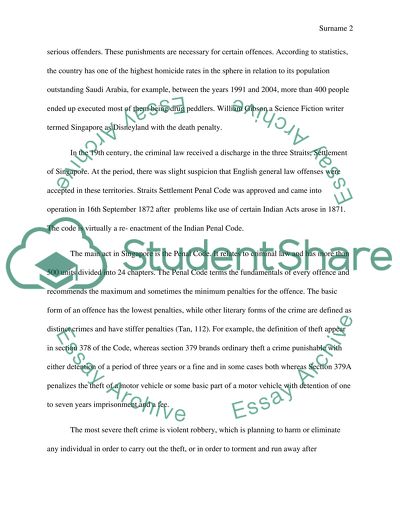Cite this document
(The General Aspect of Criminal Law in Singapore Case Study, n.d.)
The General Aspect of Criminal Law in Singapore Case Study. Retrieved from https://studentshare.org/law/1591934-crminal-justice-system-of-singapore
The General Aspect of Criminal Law in Singapore Case Study. Retrieved from https://studentshare.org/law/1591934-crminal-justice-system-of-singapore
(The General Aspect of Criminal Law in Singapore Case Study)
The General Aspect of Criminal Law in Singapore Case Study. https://studentshare.org/law/1591934-crminal-justice-system-of-singapore.
The General Aspect of Criminal Law in Singapore Case Study. https://studentshare.org/law/1591934-crminal-justice-system-of-singapore.
“The General Aspect of Criminal Law in Singapore Case Study”. https://studentshare.org/law/1591934-crminal-justice-system-of-singapore.


